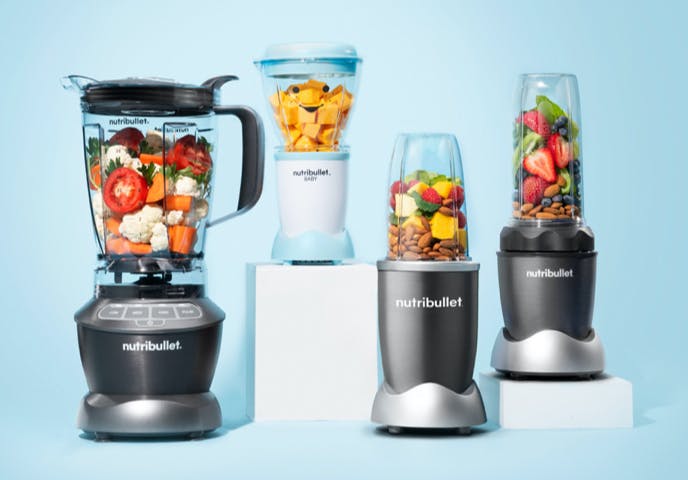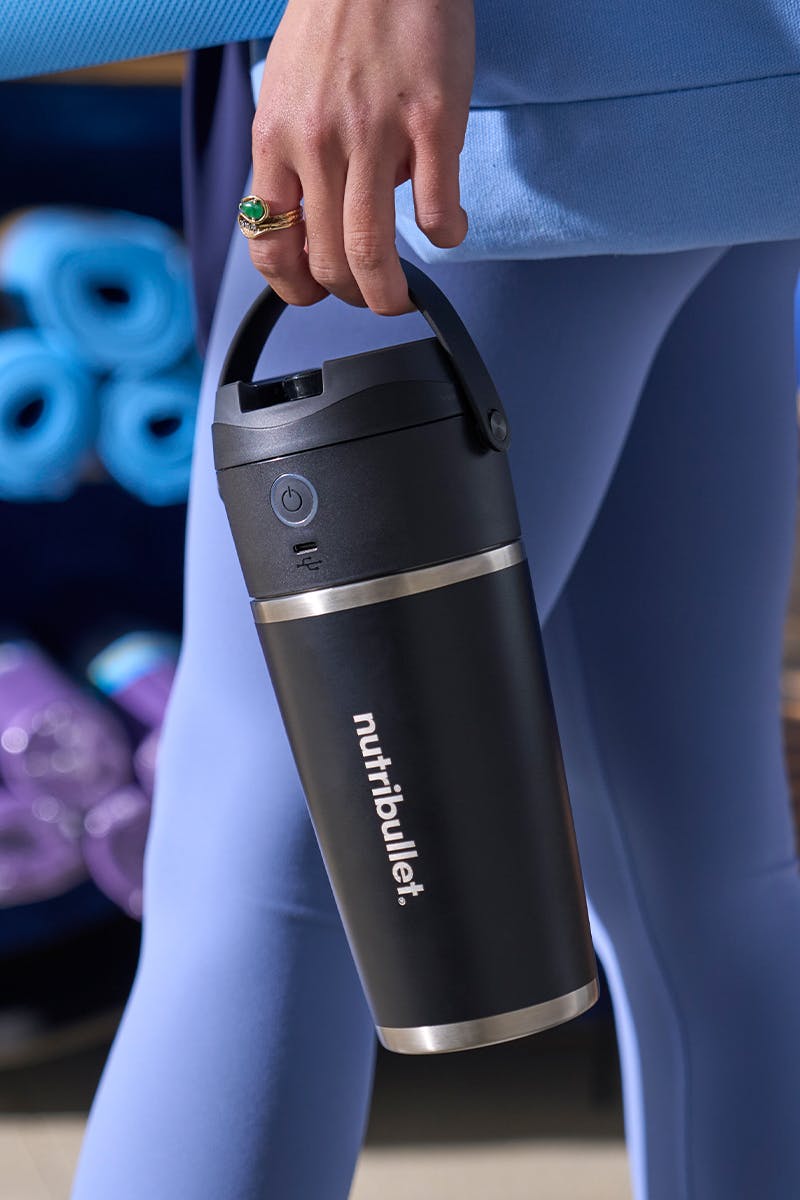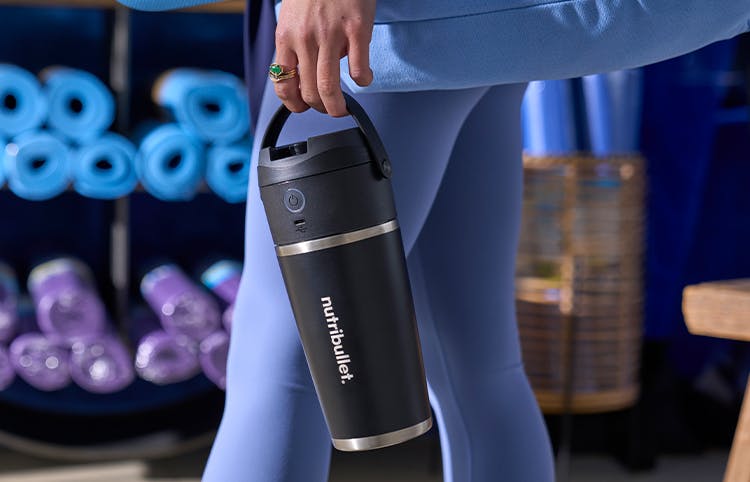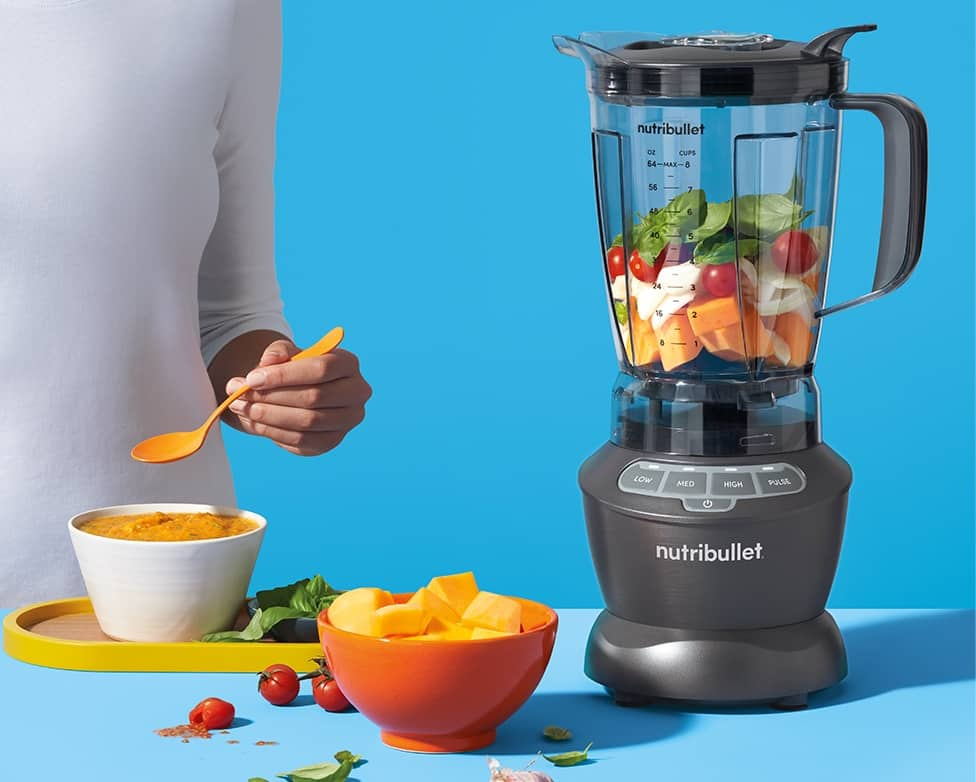Are you eating right for your gut? When it comes to healthy digestion, there are certain nutrients that ensure success. If you want to support your inner ecosystem and seal a leaky gut, make sure to focus on these 13 core nutrients for gut health.
- Vitamin B1
Vitamin B1 (or thiamin) supports brain health. Some research has found that it might even protect against Alzheimer’s disease. In the body, thiamine supports the digestion of carbohydrates, protein, and cholesterol.While you’ll most often hear about thiamin in the context of alcohol abuse, a growing number of people who have had gastric bypass surgery are diagnosed with both thiamin deficiency and SIBO (small intestinal bacterial overgrowth). Often, SIBO shows up in those with multiple deficiencies in B-complex vitamins. Also — drinking large amounts of coffee or tea can deplete thiamin.
- Vitamin B6Vitamin B6 is another micronutrient that can run low in those who drink alcohol. Vitamin B6 supports the production of brain chemicals and the synthesis of blood. It also helps to safeguard against inflammation.
Typically, the active form of vitamin B6 (known as P-5-P or Pyridoxal-5′-phosphate) is taken with the mineral magnesium. This is because a deficiency in magnesium will limit the uptake of vitamin B6.
- FolateFolate is a group of water-soluble B vitamins that helps to control gene expression and protect against rogue cells multiplying into cancer. Because the wall of your gut is perpetually renewed as new cells get pushed to the surface and old cells slough off into your digestive tract, you need nutrients to safeguard this replication process. Folate is one of these nutrients.
In the gut, research has found that enough folate can protect against stomach cancer and colon cancer. However, folic acid — a type of folate that is commonly found in supplements — is not easily transformed into active folate. Folks who supplement with folic acid end up carrying a large store of toxic folic acid in the liver. In the large intestine, excess folic acid has been linked to cancer. When supplementing folate, do your best to avoid folic acid.
Along with vitamin B12, folate also helps to control inflammation and the markers of chronic disease, including metabolic syndrome and dementia.
- Vitamin AVitamins A, D, and E collectively impact your immune system and strengthen your gut barrier. For example, in weaning babies, a diet rich in vitamin A can help to seal a leaky gut and protect against infection. Besides working with your immune system to protect against gut infection, research shows that vitamin A also helps to harmonize your gut microbes.
It’s important to note that in order to use vitamin A, you need zinc and iron. Both zinc and iron are minerals that your body uses as it moves vitamin A around the body.14,15
- Vitamin D
Like vitamin A, vitamin D is a fat-soluble vitamin. You can find vitamin D in a limited number of foods — salmon, sardines, cod liver oil, and egg yolks. You also make vitamin D in your skin when it’s exposed to sunlight.
Vitamin D deficiency has been tied to a number of gut disorders, including:
– Colon cancer
– Diverticulitis
– Inflammatory bowel disease
– Irritable bowel syndrome (IBS)
The good news is that probiotics can increase levels of vitamin D. In turn, this signals your immune system and helps to soothe intestinal inflammation. Vitamin D also acts as an anti-bacterial in the gut and wards off infection.
- Vitamin E
Both vitamin E and vitamin C are antioxidants. Antioxidants combat inflammation and help repair a leaky gut. Vitamin E is a fat-soluble antioxidant, whereas vitamin C is a water-soluble antioxidant. You can often find vitamin C hanging around vitamin E, helping to reboot vitamin E’s antioxidant abilities.
As a fat-soluble antioxidant, vitamin E helps to manage levels of bad cholesterol, which have been linked to heart disease.20 Trouble digesting fat can interfere with your uptake of vitamin E as well as other fat-soluble vitamins, like vitamins A and D. You can find plenty of vitamin E in plant seeds, such as sunflower seeds, almonds, and hazelnuts.
- Vitamin C
While the latest research shows our bodies may make some vitamin C, Vitamin C is an anti-aging nutrient that you must mainly get from food. You can increase how much iron you absorb from plant foods by making sure your meal contains plenty of vitamin C.21
Some of the richest sources of vitamin C include cultured cabbage and papaya.
- Zinc
Digestive enzymes depend on a number of minerals. One of those minerals is zinc. Zinc activates digestive enzymes, ensuring your meal is fully broken down and used. Zinc also strengthens the barrier of the gut wall, making it an indispensable trace mineral for those with leaky gut.
Zinc deficiency is common. Roughly one in 10 Americans consumes less than half of the recommended dietary allowance for zinc. Some of the best sources of zinc include oysters, liver, seafood, beef, and amaranth.
- Selenium
Selenium is your antioxidant mineral. Selenium is found in antioxidant enzymes that minimize the damage of free radical stress and reduce inflammation. Selenium is also needed to make active thyroid hormone.
There are no telltale signs to indicate you’re not getting enough selenium — mostly, your body is simply unable to handle stress. People with long-term gut troubles or autoimmune thyroid disease (like Graves’ or Hashimoto’s) are at a greater risk for selenium deficiency.
- Manganese
Many of your digestive enzymes rely on manganese. Manganese “turns on” the enzymes that break down carbohydrates, amino acids, and cholesterol. For this reason, manganese deficiency is linked to poor blood sugar regulation. But manganese deficiency isn’t common — what’s more common is an excess in manganese. While food generally won’t push manganese levels too high, well water, tap water, and supplements can.
Manganese also has an important relationship with iron, magnesium, and calcium. Iron limits the absorption of manganese, whereas magnesium decreases its bioavailability. In other words, low levels of iron or magnesium can make manganese toxic to the body.
- Molybdenum
Molybdenum is a relatively unknown trace mineral that is critical to your overall health. Most importantly, it acts as a co-factor to four major enzymes — helping your cells to produce energy and your body to detoxify alcohol, drugs, and the noxious byproducts of mold and yeast.
When fighting yeast overgrowth or managing allergies, getting enough molybdenum is particularly important. The best sources of molybdenum are properly soaked and fermented grains, grain-like seeds, and legumes — including peas and soy. Animal liver also offers small amounts of molybdenum.
- Magnesium
Magnesium is critical to your overall wellbeing, including the health of your gut and its related systems. Low levels of magnesium are associated with systemic inflammation. For example, your magnesium levels can influence blood sugar control, and magnesium deficiency has been linked to metabolic syndrome. In addition to type 2 diabetes, this can mean high blood pressure and heart disease.
Research also shows that a diet with low levels of magnesium can lead to depression — and a shift in the microbes that make up your inner ecosystem. Other studies confirm changes in good gut bacteria when there’s inflammation in the presence of magnesium deficiency. Finally, magnesium deficiency can decrease the excretion of the mineral molybdenum, allowing it to build up in your liver.
Long-term use of prescription antacids known as PPIs (proton pump inhibitors) can pillage your magnesium levels. And those with ongoing gut troubles tend to run low in magnesium anyway. In general, processed foods usually carry far less magnesium than their whole, unprocessed predecessors. If you’re looking to boost your magnesium levels with food, focus on green leafy vegetables, whole grain-like seeds, and almonds.
- Arginine
Arginine is an amino acid that supports intestinal cells and your immune system, helping to maintain the gut barrier.
Supplementing with arginine can safeguard against infections and reduce intestinal inflammation.Research also shows that, along with omega-3 fatty acids, arginine can significantly lower the risk of infection and length of hospital stay after gastrointestinal surgery.
So, if you’ve been struggling with your gut health for some time, look into those 13 core nutrients and read more about them on the Bodyecology website.



















